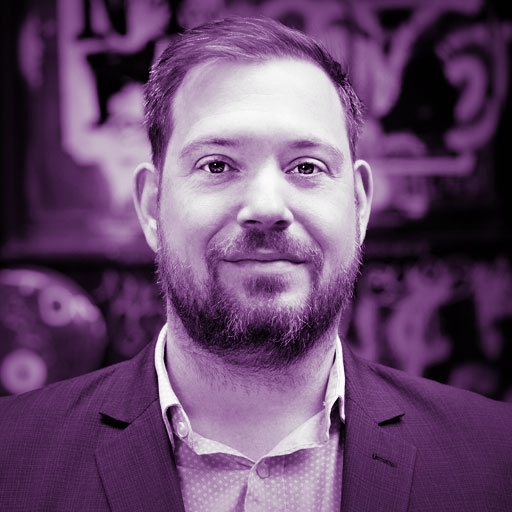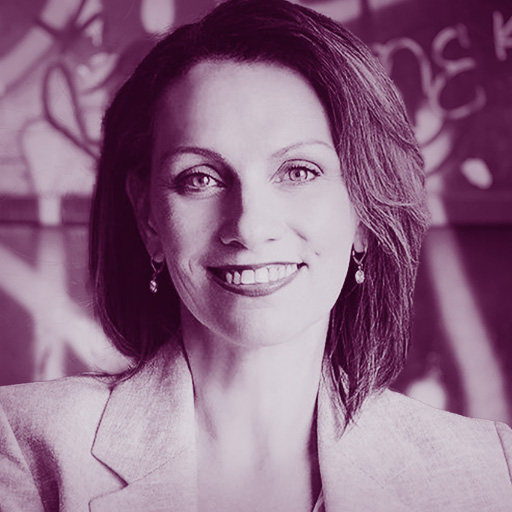Episode 188: Fertility 101: Egg Donation: Transparency for the Intended Parent and Donor
The Fertility 101 Series, because there’s no shortage of daunting terms to keep your mind running, is a quick and dirty breakdown on a specific topic with insights from a fertility expert.
In this episode, we dive into the detailed process of egg donation and its profound implications for families with Aisha Lewis, President of Everie, a known donor egg program.
Aisha discusses the steps involved on both ends of the egg donation process, from the pivotal choices donors can make surrounding their anonymity and the meticulous screening process donors undergo, to the legal considerations that ensure clarity and protection for all parties involved.
Join us as we unravel the complexities of egg donation, the different considerations, and how patients and donors can be empowered in their decisions.
Guest: Aisha Lewis, Everie
Host: Dan Bulger, Progyny
For more information, visit Progyny’s Podcast page and Progyny’s Education page for more resources. Be sure to follow us on Instagram, @ThisisInfertilityPodcast and use the #ThisisInfertility. Have a question, comment, or want to share your story? Email us at thisisinfertility@progyny.com.
This episode is also a video! Watch it here
Anonymity
01:00 – 02:20
Aisha Lewis: What we are asking of our donors is for them to be forward thinking about what they’re doing and the donation process.
- So, they can choose to be known, which means they will meet the intended parents and exchange identifying information with the intended parents.
- Semi known, which means they can meet the intended parents. But at that point in time of the of the meeting, they might not necessarily exchange identifying information and have an ongoing relationship.
- Or ID release, which means they agree at some point in the future, that their identifying information will be given to the donor conceived when the donor conceived requests it.
So, they have a choice in all of that. And our donors are also given the choice in which IPs (intended parents) get to utilize their eggs, we have something called neutral matching, where the donors see a profile of the intended parents as well as, the IP seeing a profile of the donor. We feel like this really lends transparency to the process. And ultimately, you know, really gets the buy in from the donor because a donation is not a transaction, right? There’s a lifelong implication of the donor having to give updated medical information about herself and her family, things that she will only learn as she ages, back to the donor conceived.
Testing
06:27 – 08:20
Aisha Lewis: It’s important to know what the process is in screening the egg donor. Almost every donor has a pretty intense application process that they have to go through. So, it’s about a two-to-three-hour application process. This is true for almost every donor program across the nation, we’ve got to gather a lot of facts. Once we get that information and the general criteria are met like age and BMI, there’s nothing obvious that would rule the donor out in terms of the FDA, etc. We connect with the donor to have a one-on-one and answer questions.We currently use a product called engaged MD, to really have the donor understand all that’s going to be happening throughout the process. From there, we do some preliminary testing.
- Anti-Müllerian hormone or AMH is a big driver in the egg donor world. So, we’re checking the AMH levels of the donor.
- We’re getting her genetic carrier screening performed.
- And then finally, we have the donor meet with a genetic counselor. We have to meet with a genetic counselor to collect three generations of the family medical history, and to discuss what genetic carrier screening means for the donor and her own health.
- From there, if everything looks good, the donor meets with a psychologist and has a psychological assessment, known as the personality assessment inventory (PAI), performed.
- If that looks good, then we continue to the medical screening side of things where we do what the physicians ask us to do in terms of their testing before they cycle the donor.
Legality
10:09 – 10:41
Dan Bulger: Another thing to keep in mind is all the legal considerations. And that’s where agencies and programs like this can really help.
Aisha Lewis: We do have attorneys on the North Star staff that have been very well versed in navigating, you know, parentage issues with intended parents and donors throughout the United States. And so, you know, donors, they do give up the rights of parentage when they’re doing the donation. But for some groups, it might be still advantageous to have a legal agreement with the donor themselves.
With Everie
12:18 – 13:17
Dan Bulger: The donor process can be intimidating. But with services like Everie, the process can actually be pretty smooth. There are a lot of choices to make, but fertility clinics and donor groups like this are highly experienced. That being said, for some, just the idea of a donor can be a psychological hurdle. And for anyone in that camp, Aisha has some words of wisdom.
Aisha Lewis: When someone just learns that they need egg donation, they’re really looking at several different pathways to parenthood or maybe even deciding to be child free in the future, it is going to take some time to figure out what feels right to you. And then from there, do your research. There’s a lot of different programs out there, you know, look at all the various programs that might support what your needs are at the time. And try to be forward thinking, try to think about what life is going to be like 5,10 or 15 years from now, and how you can support your child if they’ve got questions because we really believe everyone has the right to know their origin.

Host
Dan has been in the healthcare industry for the past ten plus years as a multimedia content producer. Better known as ‘Video Dan’ he has interviewed numerous doctors, patients and other experts in the world of fertility. He’s also the producer for this podcast, This is Infertility and the producer behind the Progyny YouTube Channel which features interviews with dozens of the nation’s leading fertility specialists. On a personal note Dan’s parents started fostering kids when he was four years old, and he considers himself a proud older brother to over 100 foster children.

Guest
Aisha’s career has spanned 23 years in Third-Party Reproduction, with a special emphasis on building programs that meet the needs of all stakeholders: recipients, gamete donors and the donor-conceived alike. She attended Colgate University and Albany Medical College, from which she earned her Bachelor’s, Master’s and Doctoral degrees in Biomedical Ethics.
Aisha has extensive experience in launching and leading national donor programs and is passionate about changing the current landscape so that every donor, every recipient and every donor-conceived is supported and represented in transparent and meaningful ways.



